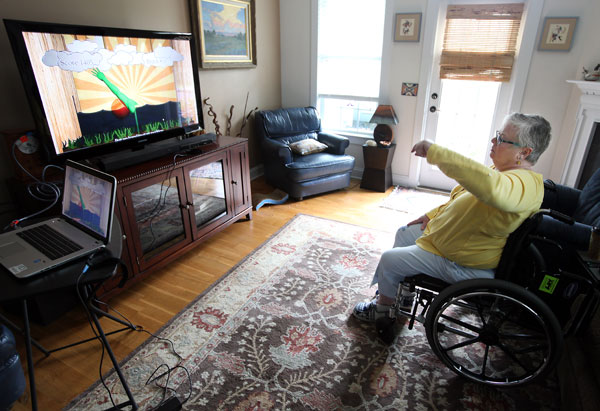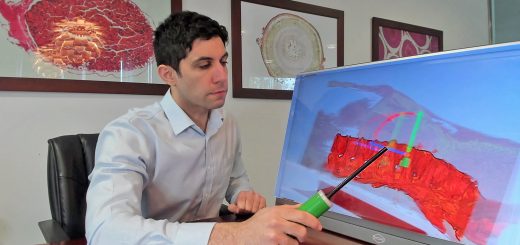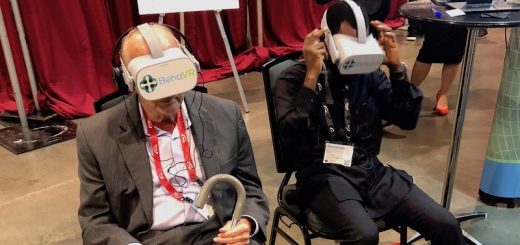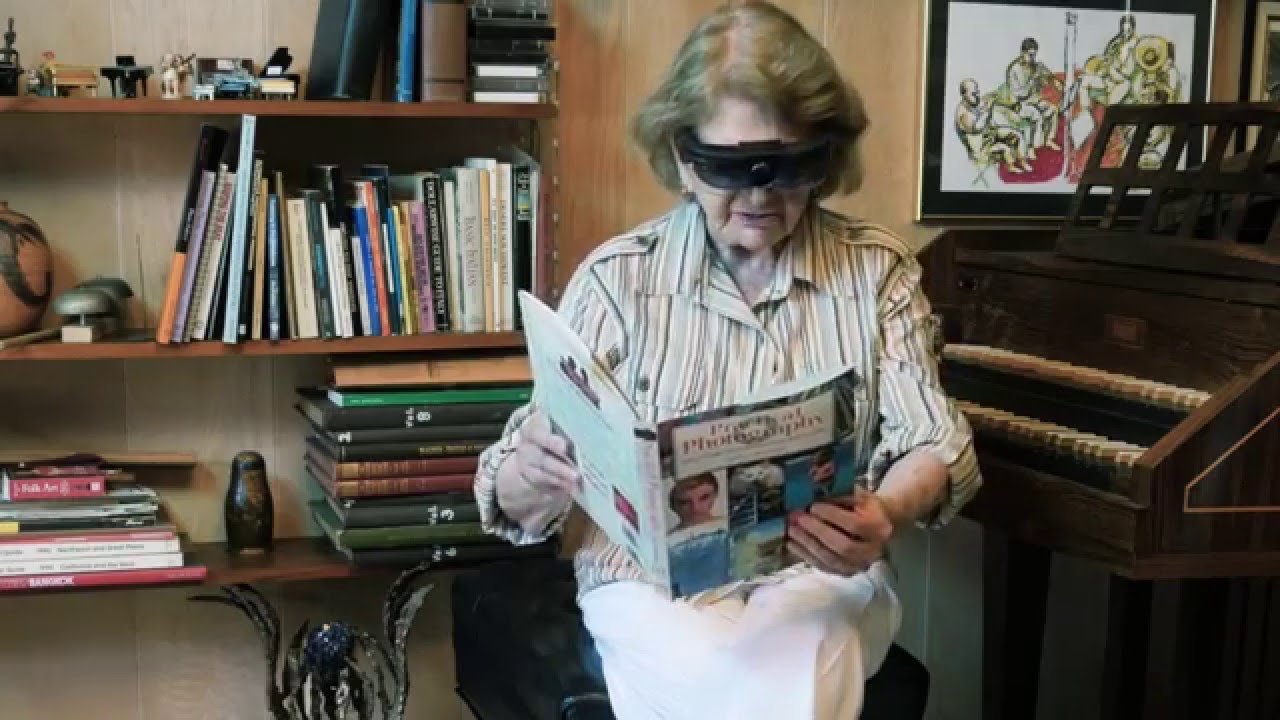Recovr Holds Key to Upper Extremity Therapy Success
Published · Updated
via Recovr
Recovery of upper extremity movement after an event such as a stroke is a skill relearning process. This means that the stroke survivor must relearn how to move their arm because the stroke damaged the brain’s ability to control the movement and coordination of the arm. For several decades neuroscientists and rehabilitation scientists have conducted studies to determine what critical elements need to be part of the of stroke rehabilitation process to promote skill relearning.
Two of the critical elements that are shown to be important are:
1) extended practice and
2) progression of difficulty.

Duck Duck Punch was designed as a game that utilizes these elements to promote help people improve reaching ability after stroke.
1) Extended therapy practice
Extended practice critical to relearn motor skills
Whether you are learning to play a sport, learning a new instrument, or learning to reuse your arm after a stroke, the amount of time spent practicing the skill is critically important for improving that skill. Repetition has been shown to be related to improved motor recovery post stroke. Animal models of stroke recovery show that thousands of repetitions of movement are needed to facilitate recovery. Similar results have been found in humans.
Recovr tools support extended therapy practice
The Recovr Rehabilitation System was designed provide the player with the opportunity to practice reaching with their affected arm in a fun and engaging way. The game encourages players to reach for targets to improve their score, but the player controls the pace of the game so each individual can play at a pace that is comfortable for them and that is based on their therapist’s plan of care.
2) Progression of difficulty
Repetition + The Appropriate Level of Challenge
Although repeated practice is helpful in improving skill, there is a growing understanding that repetition alone is not enough. To improve skill you need to practice continually harder tasks. Practicing the same task over and over does not lead to improved recovery of movement after stroke. Rehabilitation research supports the idea that post-stroke motor skill relearning may occur when a person repeatedly practices movements at the “just-right challenge level”. Movement practiced at the just-right level of challenge means that the task should not be too easy or too hard.
Not too easy, not too hard
If a person can successfully do the task every time, then the task is too easy and they are just repeating something they can already do. If a person fails at every attempt then the task is likely too hard. However, a combination of errors and success on the other hand fosters skill relearning because it enables a person to self-evaluate his/her movement strategies, make modifications and seek a new movement strategy that will result in greater success. During therapy, occupational or physical therapists modify the difficulty level of the activities to assure the just-right challenge level.
Recovr tools support repetition at just the right level of challenge
The Recovr Rehabilitation System was specifically designed so that the player or therapist can adjust game difficulty so that it matches the player’s unique level of movement ability.
To find out more visit the Recovr website.





What do you think?
You are the first to add a thought